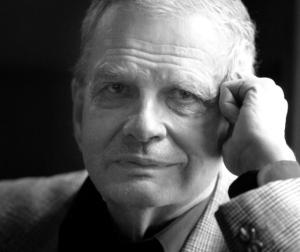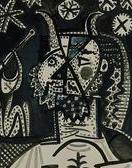 Happé enfin par le milieu de l’âge,
Happé enfin par le milieu de l’âge,
J’ai vécu apprenant à ne pas être.
La mort était quelqu’un de la famille,
Qui occupait tout le logis, ou presque.
Je m’étais efforcé de l’amadouer
Et la priais même qu’elle m’épargne,
Mais chaque matin, au cœur de la ville
La plus envoûtante d’Europe orientale,
Une balle était prête à s’élancer,
Une eau croupie attendait son noyé,
Ou c’était une pierre, un coup-de-poing,
Un rail, peut-être même un autodafé.
Avec la mort j’avais bu et dormi,
J’avais tenté de lui trouver un sens.
Parfois je l’oubliais. Mais qui pourrait
S’habituer à elle en toute confiance ?
Je faisais tourner la clé. Et mon cœur
Soudain perdait son rythme, sans vouloir.
Il est vrai que dans cet État la mort
Peut aussi vous atteindre par hasard.
*
My middle years had overtaken me.
I lived, but studied only non-existence.
Death was for me one of the family,
Took nearly all the space in my apartment.
By stages I had even trained it, so
I’d ask it not to touch me, keep its distance.
I’d see each morning what for all I know
Is Eastern Europe’s most exquisite city,
Where iron waits to come into its own,
In gloom the reeds, decaying softly, rustle,
With knuckleduster, locomotive, stone,
Or in, perhaps, the best of cases—petrol.
I slept and drank and ate all inside death.
I tried to give it purpose and some meaning.
Forgot it sometimes. Getting used to it
Is almost too hard for a human being.
I turned the key that barred the corridor.
My heart beat raggedly, weighed down my breast.
It’s true: within the confines of this state
Death even, sometimes, was an accident.
1976
***
Tomas Venclova (né en 1937 à Klaipeda, Lituanie) – Traduit du lituanien par Henri Abril – Translated by David McDuff with the author.

